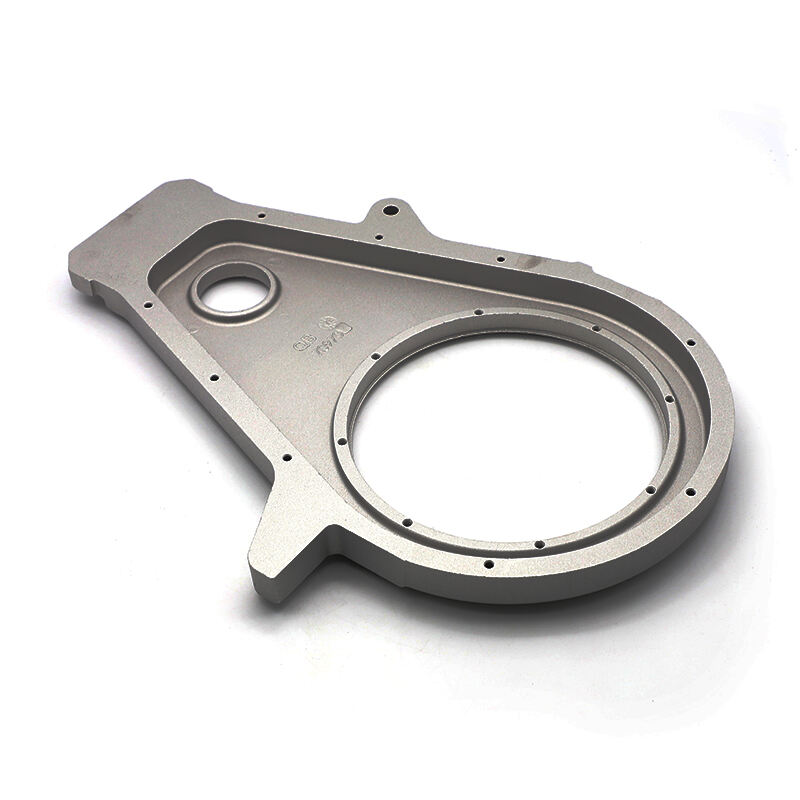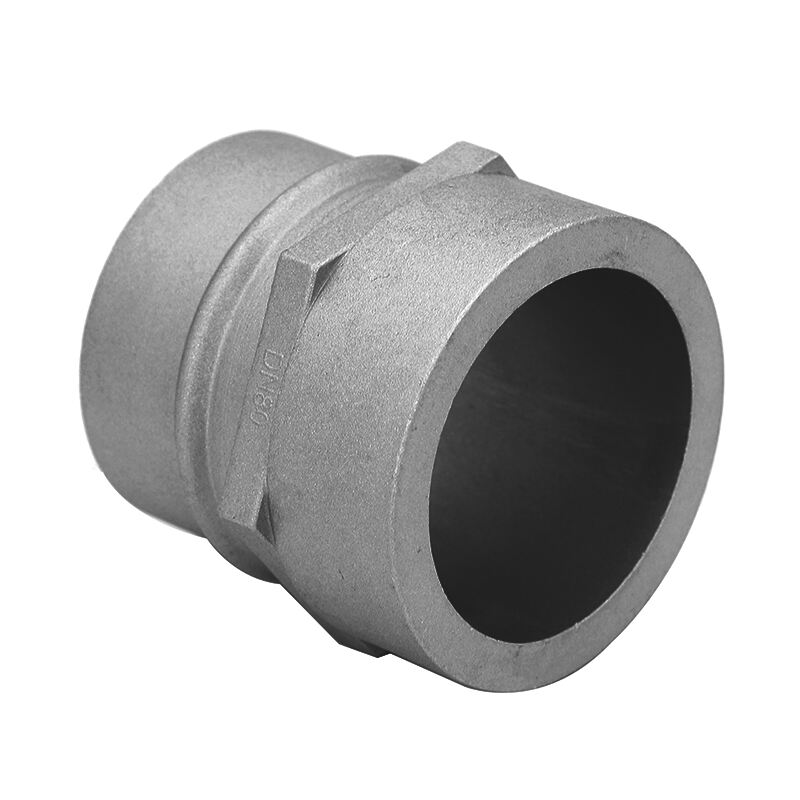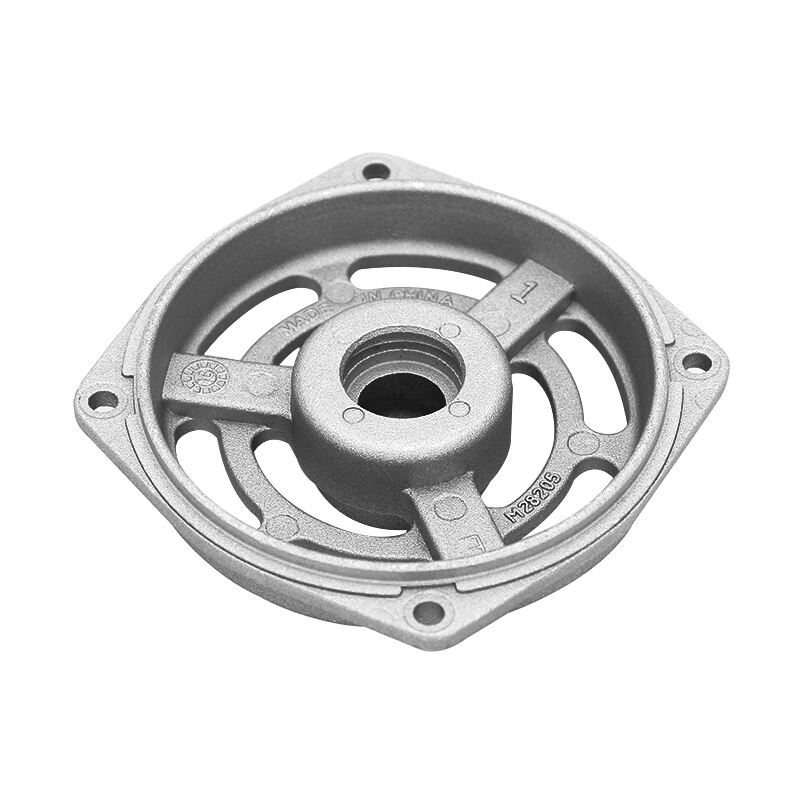aluminium alloy die casting
Aluminum alloy die casting is a sophisticated manufacturing process that combines precision engineering with cost-effective production methods. This versatile technique involves injecting molten aluminum alloy into reusable metal molds under high pressure, creating complex and detailed components with exceptional accuracy. The process stands out for its ability to produce parts with excellent dimensional stability, smooth surface finishes, and consistent quality across large production runs. Modern aluminum alloy die casting employs advanced automation systems and computer-controlled processes to ensure optimal material flow and solidification patterns. This manufacturing method is particularly valuable in industries requiring lightweight yet durable components, such as automotive, aerospace, and consumer electronics. The process allows for the integration of multiple features into a single casting, reducing the need for secondary operations and assembly steps. Additionally, the thermal and electrical conductivity properties of aluminum alloys make these castings ideal for applications requiring heat dissipation or electrical shielding. The technology continues to evolve with innovations in alloy compositions, process controls, and design optimization tools, enabling manufacturers to meet increasingly demanding performance specifications while maintaining cost-effectiveness.


